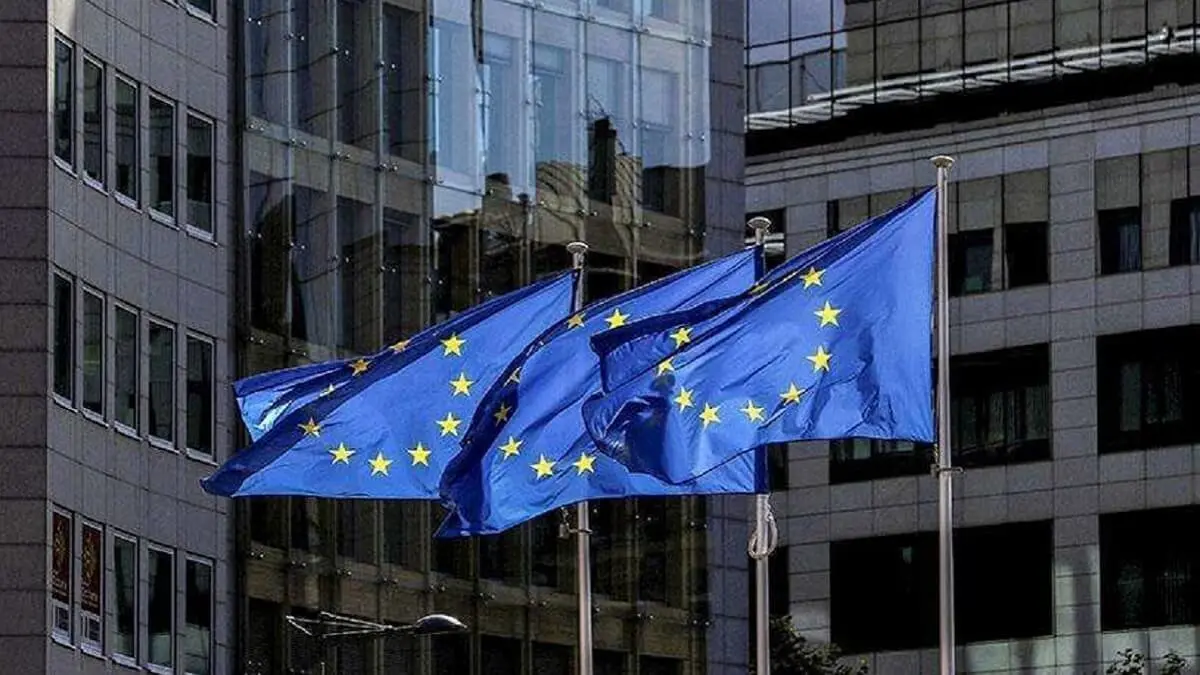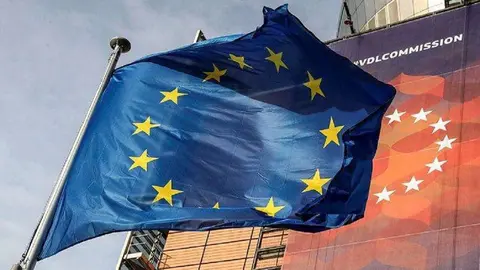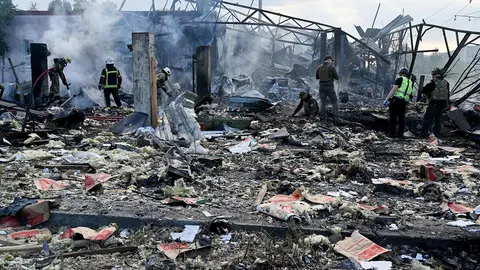Europe, elections in decline?

In 2023, European nations had high expectations for Ukraine's resistance against Russia. Providing military assistance to Kiev represented a manageable challenge for the US and Europe, as most Western countries were strongly opposed to Russia. This year, however, has seen a significant change in the situation. Ukraine has suffered setbacks in the conflict and shifted to a comprehensive defensive posture after a series of failed counterattacks.
Russia has once again become a deep concern for European countries that have expressed a unified reaction to Russia, which does not mean real unity. The ‘old European nations’ such as France, Spain and Italy have certain perspectives on Russia and the ongoing war, while the ‘New Europe’ countries such as Poland and the Baltic states bring different views.
In addition, countries such as Hungary show a strong bias towards Russia. European leaders need to spend more on their own defence, while increasing and rationalising their arms industries. Given the EU's struggle to coordinate efficient and unified responses, the large and cumbersome Brussels structure is likely to be ineffective in addressing the symptoms of a lack of harmony among EU nations.
In recent years, Europe has been perceived to be losing relevance on the world stage. As the world's centre of gravity shifted, the Old West was being eclipsed, becoming a ‘sleeping continent’ in the eyes of many. The Western half of Europe seems to have stopped acting in its own interests and, while struggling to define them, is allowing itself to succumb to pressure from the United States. This shift is particularly noticeable in Russia's strategic approach, which, while still considering Europe important, no longer sees it as an actor to be reckoned with in its strategy.
As China and the US undermine the global trading system, the EU's relative economic weight is diminishing. Its currency has weakened and its population is stagnating. There are two ways of looking at the EU's relative decline. One is in terms of living standards. What matters here is not that developing countries, led by China and India, have been climbing out of poverty in recent decades and thus closing the gap with Europe, but rather that the EU has not advanced as fast as the United States. Another way of looking at it would be in terms of power. In 1992, the EU was a geo-economic giant, with 29% of world production and a strong position in technologies capable of setting global standards. By 2022, the bloc's share of world production had shrunk to just 17%, while the US share remained stable at 25% over the same period. The EU now has only four of the world's top 50 technology companies.
From a geo-economic point of view, China represents a serious obstacle by establishing abusive quid pro quos for control over the supply of critical goods such as rare earths. The answer is to find alternative sources. The EU has articulated its response in the regulation of critical raw materials, setting targets for the production of specific goods, which requires substantial investment. On the other hand, the EU needs to respond by strengthening its single market in order to offer companies economies of scale compared to the US and Chinese markets, while it will have to design and implement an aggressive industrial policy to counteract the subsidies and tax exemptions offered to companies from other major economies.
Another delicate situation is how to respond to the huge subsidies that China and the US provide to green and high-tech industries. The EU could find itself without strategic industries such as artificial intelligence and high-end semiconductors. The risk of a subsidy race is comparable to investing in industries that are uncompetitive in the long run.
The question is not a simple one: is it time to mourn the demise of old Europe? Why has it come to this? The decline is said to be very pronounced and is blamed on social ‘pathologies’ such as: economic failure, major geopolitical irrelevance, the migration and integration crisis, territorial inequalities and the resulting democratic deficit. There is no European political elite of quality capable of managing the environment of social disintegration, ‘degrowth’ and lethal demographic change. Germany, France, the Netherlands and other countries are on the verge of a social explosion, and farmers are the latest to be radicalised.
Demography is a crucial factor in Europe. According to Eurostat, in two years' time, the EU population is estimated to peak at 453.3 million and then fall to 419.5 million in 2100, despite massive immigration. The population will age dramatically, driven by a collapsing birth rate. Welfare states' are likely to collapse and taxes will be levied on part of the population to pay for health care and pensions for the elderly. The only answer envisaged as a solution is more migration. In France, Germany, Belgium and elsewhere, the failure to integrate many recent immigrants and the voluntarist response of the ruling class do not bode well. European elections are expected to see gains for populists.
Europe's geopolitical irrelevance is notorious. Its defence is largely deferred to US taxpayers. The French and Spanish do not appear to be fighting the Houthis. The Poles and a few others are doing their best, the Bundeswehr is a joke, and all the grand promises to rebuild Europe's armies made in 2022 have not yielded appreciable results.
The West, albeit without much fanfare, is seething. The United States is also sick, as witnessed by its own social decay: the rise of the ‘woke’ ideology. However, unlike Paris, Berlin, Rome or Brussels, the Union has enough of its capitalist spirit, dynamism, entrepreneurial spirit, scientific zeal for meritocracy and technology left to overcome its current problems.
The final question is: will the elections be the beginning of a change in the right direction or will indolence continue? The fate of Europe is at stake.



